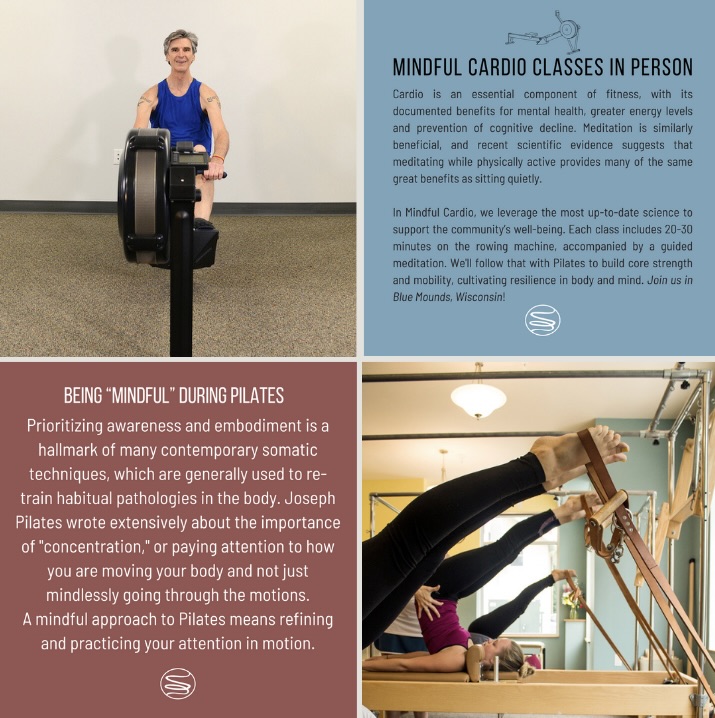Stuff That I Learned - The Older Student's Mind
I’ve just completed my first semester of graduate school,
and it went pretty well. The semester got off to a pretty bumpy start, though I
had a lot of guidance and support in getting my nascent graduate career on
track. The semester has recently ended, and I now feel the time and space to
reflect on the past 15+ weeks.
As you may know, I’m a bit older than the average graduate
student. Since returning to school, many people have asked me questions about
the process of returning to school; how do the other students treat me? how do I balance work & school? do I
notice changes in my mind? what’s it like being older than some of the
professors? etc.
Answering all of these questions would make for a very
long blog entry, so I’ve chosen one question to address – the question about my
mind.
So – did I notice any changes in
my mind? The short answer is yes, though the details have surprised even me. I
expected that I would experience deficits in my capacity to memorize or to
digest new material, though in all honesty, that’s not been the case. In fact,
I’ve found that my memory is far better than it was when I was an undergrad
almost thirty years ago. The primary difference in my mind is in the recognition of anxiety. After years of meditation, I’ve developed an
emerging capacity to observe my own mind. And over this past semester of
graduate school, anxiety paid a visit
more than a few times!
I don’t believe that this past semester’s anxiety emerged
out of nowhere, but that the anxiety has likely been in the background my whole
life. Upon reflection, I recalled instances as an undergrad that may
legitimately have been called panic attacks. At the time I considered these
states of mind to be unpleasant, and I spent many of the intervening years
changing the external circumstances of my life so that I wouldn’t have to feel
anxious. And I crafted a life that didn’t give the anxiety much of a chance to
be directly identified, and as a result I came to believe that I wasn’t a very
anxious person.
 |
| When I was younger, I'd sometimes feel anxious about laundry. (ca - 1985) |
Then I went back to school, and embarked on a new life where
I didn’t have much control over my daily activities… and there was my old
friend, anxiety! I’m still not too fond of feeling anxious, though I’ve had the
good fortune to learn some techniques to work with my mind. The daily practice
of meditation has allowed me to be present with the anxiety, and I have come to
recognize anxiety’s ephemeral nature. Like all thoughts, the anxiety can seem
so unbearably real, but in actuality, the anxiety isn’t necessarily solid. And
I found that simply knowing that the anxiety was insubstantial freed me from
having to make it go away.
More than dealing with adversity (my first exam in Exercise
Physiology was a case-study in adversity!), balancing many responsibilities or
memorizing a vast amount of material, I believe that my capacity to be still
with anxiety best predicts my potential to succeed in my return to school. It’s
still too early to predict how well I’ll do in this new endeavor, though being
freed from having to feel a certain way gives me the confidence to continue
moving forward.
As someone who tends to be anxious, I’ve found some
techniques that have helped me navigate my busy life. Here is a summary of the techniques
that I’ve found to be helpful. Maybe some of these techniques may be of some
benefit to other people, too?
- Compassionate motivation – I tried to initiate all of my various tasks by considering how my actions have the potential be of benefit to others. For example, whenever I attended a lecture, I tried to consider how the knowledge that I gained may give me more tools to help others. In changing the motivation, I found that a lot of the pressure that I put on myself to succeed softened into a concern for others. Reminding myself that I’m not the center of the known universe was a helpful practice in working with anxiety!
- Meditate – thoughts can seem so real, and I used to believe that my thoughts were inherently real. For example, when I used to feel anxious, I’d work hard to change the conditions that I felt caused me to feel anxious. Through meditation, I’ve learned to see thoughts as insubstantial, and I’ve gained some measure of freedom to be present with anxiety. While I’m not always 100% mindful, I’m no longer as likely to immediately embark on changing whatever I felt was causing the anxiety.
- Exercise – I cannot emphasize enough how much exercise has helped me to navigate this busy semester. Working out on the Pilates equipment gave me something to push against, which helped me to enjoy the resilience of feeling embodied. And running has conferred the vast benefits of cardiorespiratory fitness, which has been repeatedly shown to help with both anxiety and depression.
- Reconsider what’s essential – I used to think that I had to sleep a certain number of hours per day in order to feel OK. This past semester I experienced that my life contained more wants than needs. While I’d rather sleep more than I did last semester, I found that drinking X-ounces of water per day or sleeping X-number of hours per day may not be as essential as I used to believe. The human body & mind is wondrously resilient!



Comments
if I went into encounters with clients and sat in lecture learning about case stories that have the potential to break your heart with a rooted compassionate motivation, I think I would be more resilient.